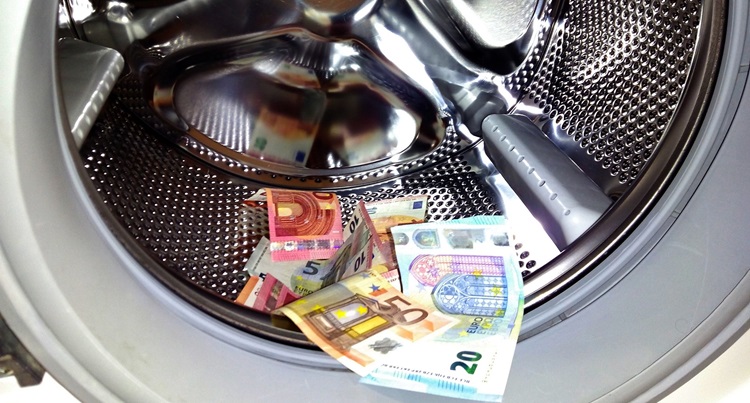In the Philippines, President Rodrigo Duterte signed legislation into law late last week instituting new anti-money laundering regulations for the Asian nation’s online, land-based and maritime casinos.
Passed by federal legislators early last month despite stiff lobbying from the gambling industry, Republic Act 10927 amended the earlier Republic Act 9160 to bring all of the Philippines’ casinos under the jurisdiction of the Anti-Money Laundering Act of 2001. This legislation had originally only covered banks, trusts, insurance providers, investment houses, securities dealers and foreign exchange firms but Duterte’s Friday signature means that it now applies to any “business authorized by the appropriate government agency to engage in gaming operations”.
According to a report from the Philippine Daily Inquirer newspaper, the amended legislation means that all casinos are now required to report any transaction including accumulated wagers worth over $100,500 to the nation’s anti-money laundering agency while the Philippine Court of Appeals has been given the power to institute a 20-day freeze on any instrument or property suspected of unlawful activity while authorities investigate. This suspension, which may be extended to up to six months, may additionally result in parties having any illicit cash forfeited to the state following a trial.
The move to institute tougher anti-money laundering rules for Philippine casinos followed last year’s heist of the state-run Bangladesh Bank, which saw around $81 million illicitly transferred from its account at the Federal Reserve Bank of New York to the Rizal Commercial Banking Corporation electronically before disappearing via at least two Manila casinos.



